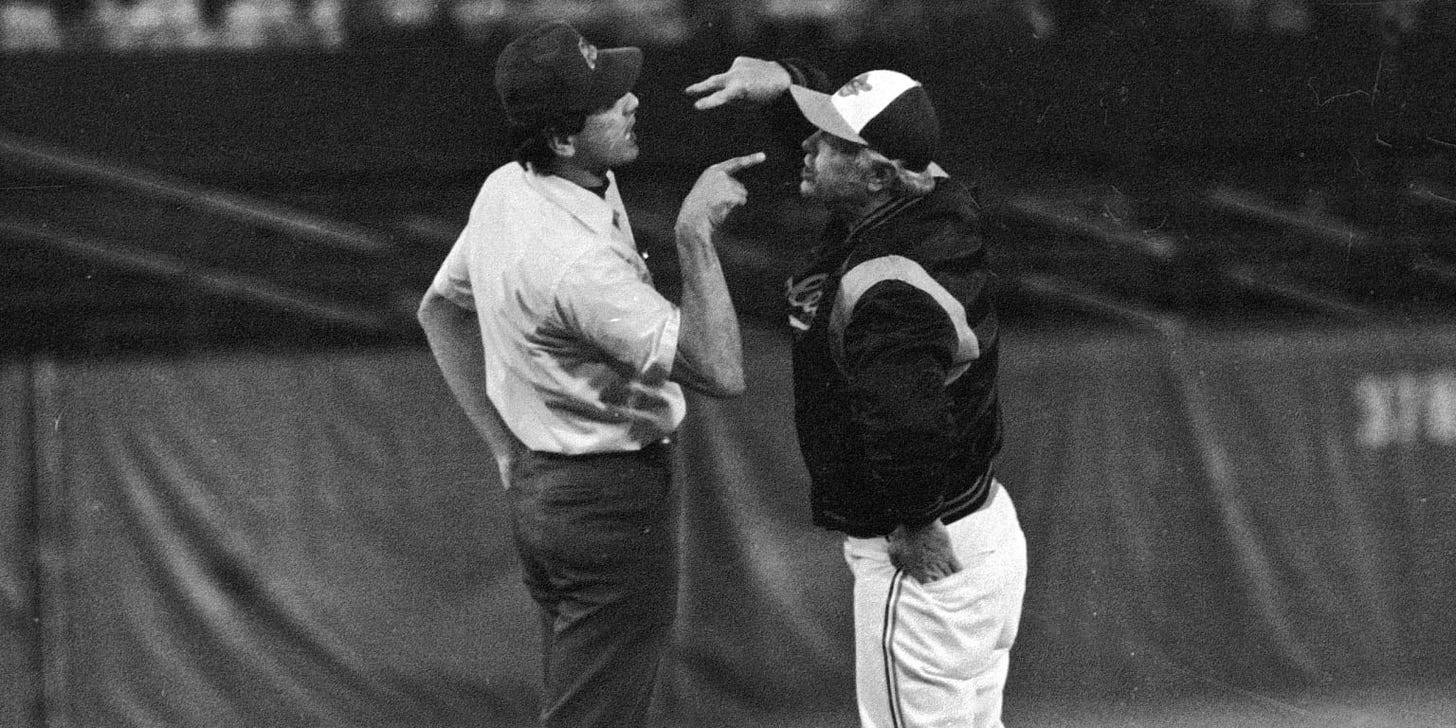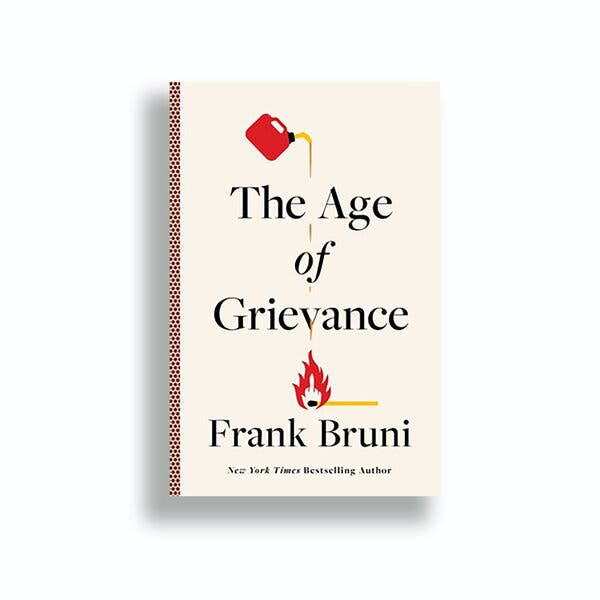Arguing
Balls, Strikes, and Everything Else
I spend most of my weekday nights and weekends coaching baseball throughout the spring and summer. From the sights and sounds and the liturgy to the gamesmanship required to play over 160 or five games during a weekend tournament, baseball requires attention to what is happening directly in front of you and what might happen later in the game or season.
The part of baseball that grinds my gears (and a part of the game that I am unfortunately guilty of) is arguing over strikes, balls, and outs. When I am coaching my son’s teams, and a player is batting, inevitably, the ten-year-old will look up at the umpire, roll their eyes, and scoff that the strike that was called was really a ball. And vice versa, when the pitcher wanted the strike call, but the umpire called the strike a ball.
The issue is exacerbated when a coach in the dugout (who had no clear view of the pitch) begins to chirp at the umpire (most of the time, the umpire is a teenager). This begins the snowball effect of parents starting to chime in on a pitch that didn’t matter in a game that won’t matter in two or three days.
“Strike!” or “Ball!” the umpire will shout, and without skipping a beat, the player will look up in utter disgust and plead their case.
During a game between the Marlins and Tigers this past week, an umpire threw a person in the Marlins dugout out of the game for chirping over a disputed call. The problem? The umpire did not know who chirped and, therefore, did not know who he threw out.
Yes, there are times when umpires make mistakes, but at what point does arguing balls and strikes become more about the coach or parent than the kid (remember, they are kids) playing the game?
So, while Earl Weaver’s arguments with the umpire are entertaining, they did not promote his position or advance his team.
Disclaimer: If bad words easily offend you, do not watch this video.
Recently, I began reading Frank Bruni’s The Age of Grievance. Bruni argues (see what I did there?) that the feelings of being wronged and our outrage are now the driving forces in American culture. Bruni’s writing is focused on American politics. Still, if I have learned anything living in the shadow of Washington, D.C., it is that American politics affects every aspect of our lives.
What was once worthy of complaint or grievance now takes the backseat of our spur-of-the-moment disagreements over things as inconsequential as the calling of balls and strikes. Please do not misunderstand me. Some aggrieved people have every right to their grievance, but not every hardship or wrong we experience is a moment for being aggrieved.






